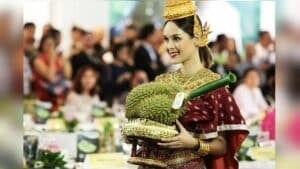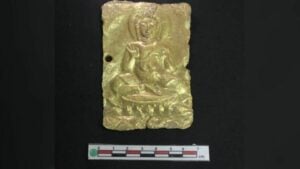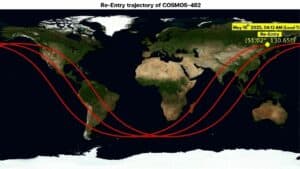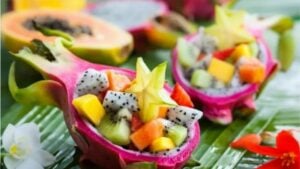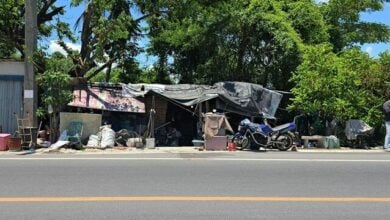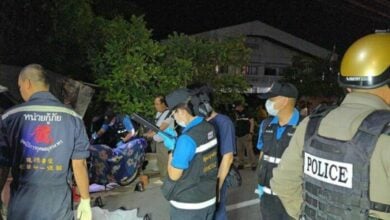Coconut farmers fight back with monkey-free certificates
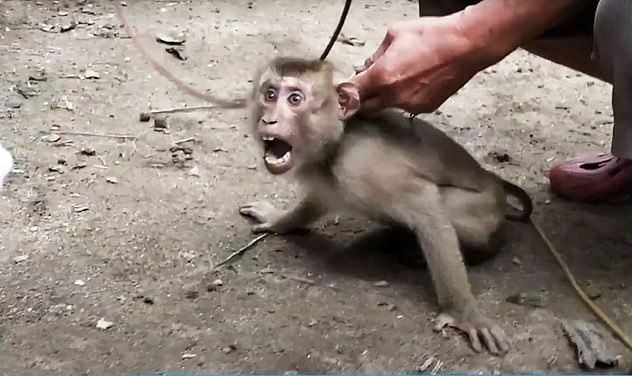
Coconut farmers in Ratchaburi and Samut Sakhon provinces have received Department of Agriculture monkey-free certificates in an attempt to combat a PETA Asia campaign against traditional coconut farming.
The certificate confirms that no monkeys were used during collection.
PETA Asia found the issue of Thai farmers using monkeys to collect coconuts sufficiently photogenic to bring it to the world’s attention in 2020, with US supermarkets being among the first to express start trouble over the practice.
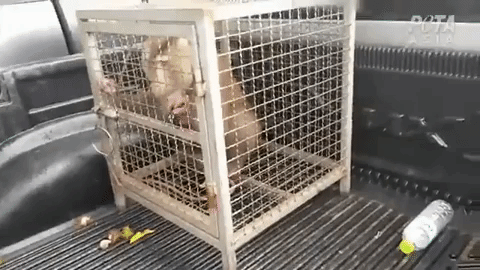
Coconut water, coconut milk, and other products made with coconuts are a staple for many people and would have been considered vegan. However, PETA Asia found that many plantations were using macaques to climb the trees and pick the produce which goes against vague vegan beliefs about animal “exploitation.”
PETA also visited monkey-training facilities and a coconut-picking competition using monkeys and documented what they claim was “abuse and exploitation.”
PETA’s investigation found that some male monkeys picked up to 1,000 coconuts a day. A human would be able to pick roughly 80. Many monkeys were kept in cramped and dirty conditions.
Peta said…
“Many monkeys are illegally abducted from their families and homes in nature when they’re just babies. They’re fitted with rigid metal collars and kept chained or tethered until they’re no longer useful to the coconut industry.”
Powerless, the Department of Agriculture met with the international coconut community and applied their interpretation of good agricultural practice to the industry, leading to the GAP monkey-free+ program.
According to Department of Agriculture Director-General Rapeepat Chansriwong, monkey-free certificates have been given to Theppadungporn Coconut in Ratchaburi and K-Fresh in Samut Sakhon.
Rapeepat encouraged other coconut farmers who wish to join the monkey-free program to register with the department’s agricultural research and development centre.
In 2021, Thailand exported 240 billion tons of coconut milk valued at 13 billion baht (US$400 million). In the United States, and Europe, Thai coconut milk currently holds the largest market share for coconut milk products.
Latest Thailand News
Follow The Thaiger on Google News:




